The top clinical watchdog in the US has included new side effects of the exceptionally irresistible novel coronavirus to a rundown of known ones. The Centers for Disease Control and Prevention or CDC, which tracks infections internationally and whose authorities are straightforwardly associated with cutting edge research facility work, has included the new manifestations of COVID-19 on its site.
"Individuals with COVID-19 have had a wide scope of side effects revealed - going from mellow indications to a serious sickness. These manifestations may seem 2-14 days after presentation to the infection," CDC says on its site.
The new indications incorporate chills, continued shaking with chills, muscle torment, cerebral pain, and new loss of taste or smell. These side effects are not among the ones recorded on the World Health Organization's FAQ website page.
On the WHO website page, the indications of COVID-19 are referenced as fever, dry hack, tiredness, a throbbing painfulness, nasal clog, sore throat, and looseness of the bowels.
The side effects that were at that point referenced on both the CDC and WHO sites were fever, hack, the brevity of breath, and trouble in relaxing.
The CDC says its rundown of indications isn't comprehensive and individuals must counsel specialists for whatever other side effects that are extreme or worried to them.
The epic coronavirus that was first distinguished in China's Wuhan in December a year ago, which in the end started a pandemic, is as yet being concentrated by researchers to discover its attributes. A tale infection is one that has never been distinguished in people, so researchers need to step cautiously while considering the infection.
The WHO says a few people become contaminated yet just have mellow manifestations. "A great many people (around 80 percent) recuperate from the ailment without requiring medical clinic treatment. Around 1 out of each five individuals who get COVID-19 turns out to be genuinely sick and creates trouble breathing," the WHO says.
More seasoned individuals, and those with basic clinical issues like hypertension, heart and lung issues, diabetes or disease are at higher danger of creating genuine sickness, the WHO says.
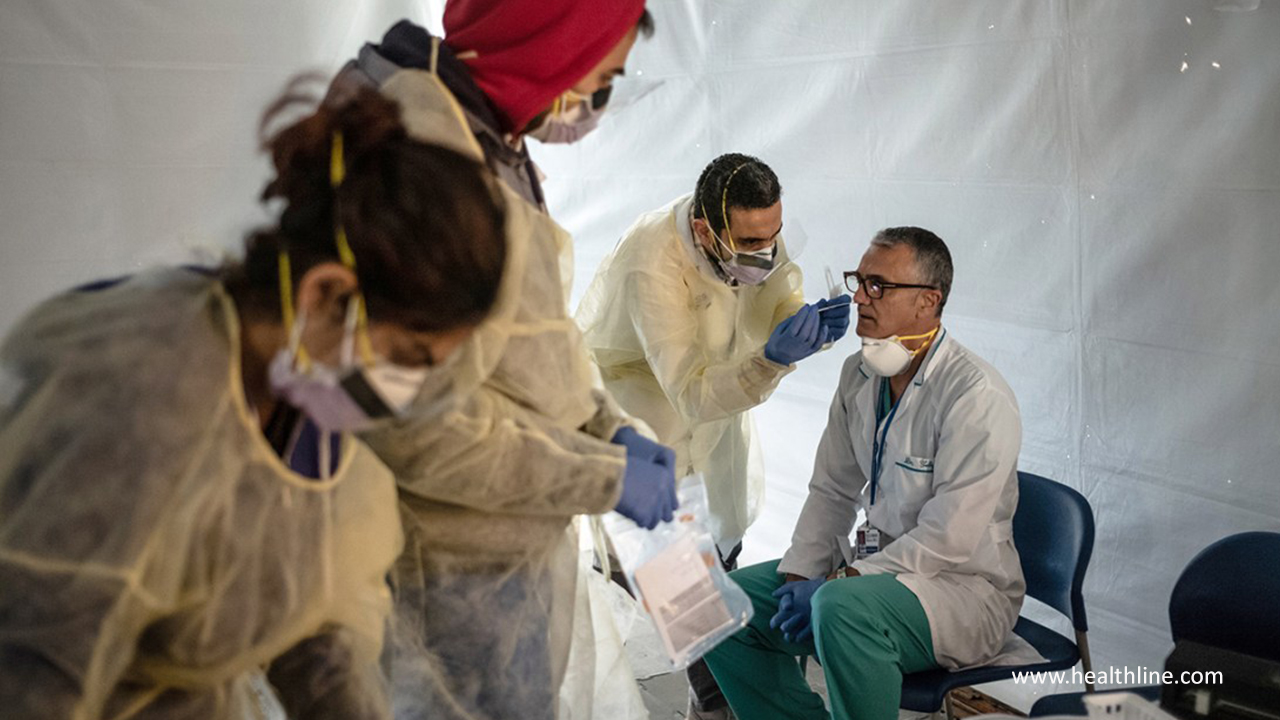
 The CDC says its list of symptoms is not all inclusive and people must consult doctors for any other symptoms that are severe or concerning to them
The CDC says its list of symptoms is not all inclusive and people must consult doctors for any other symptoms that are severe or concerning to them




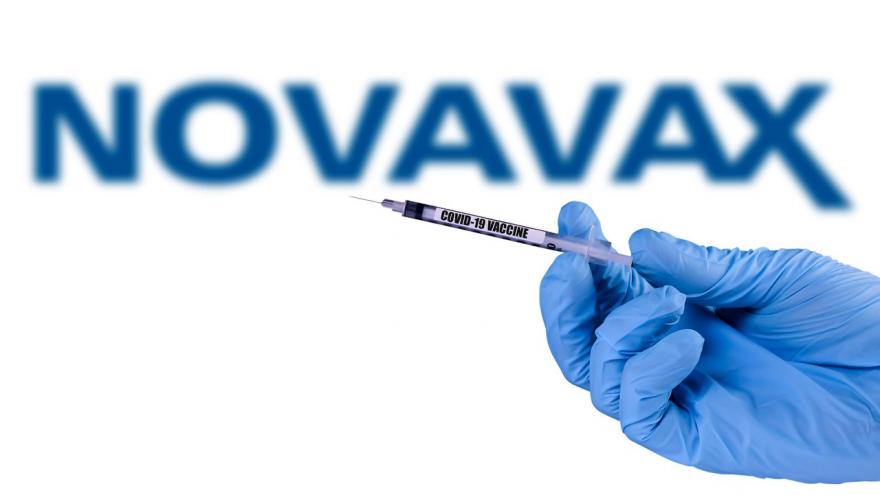

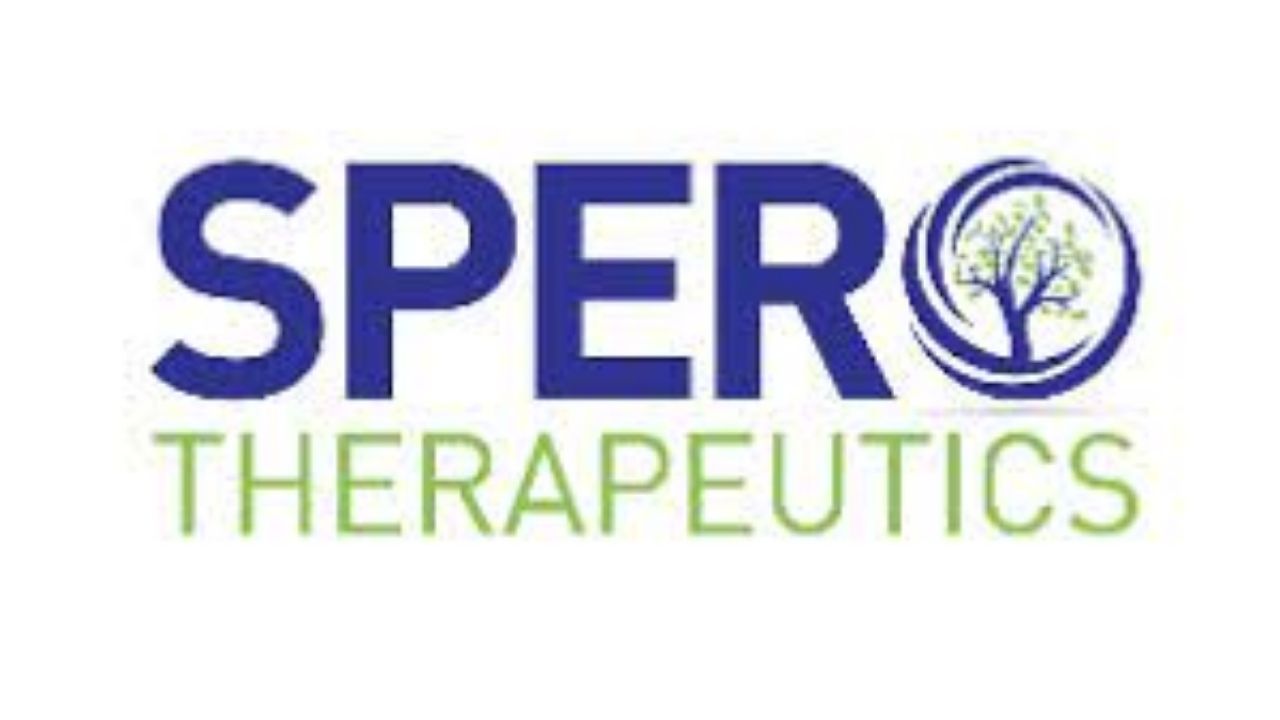

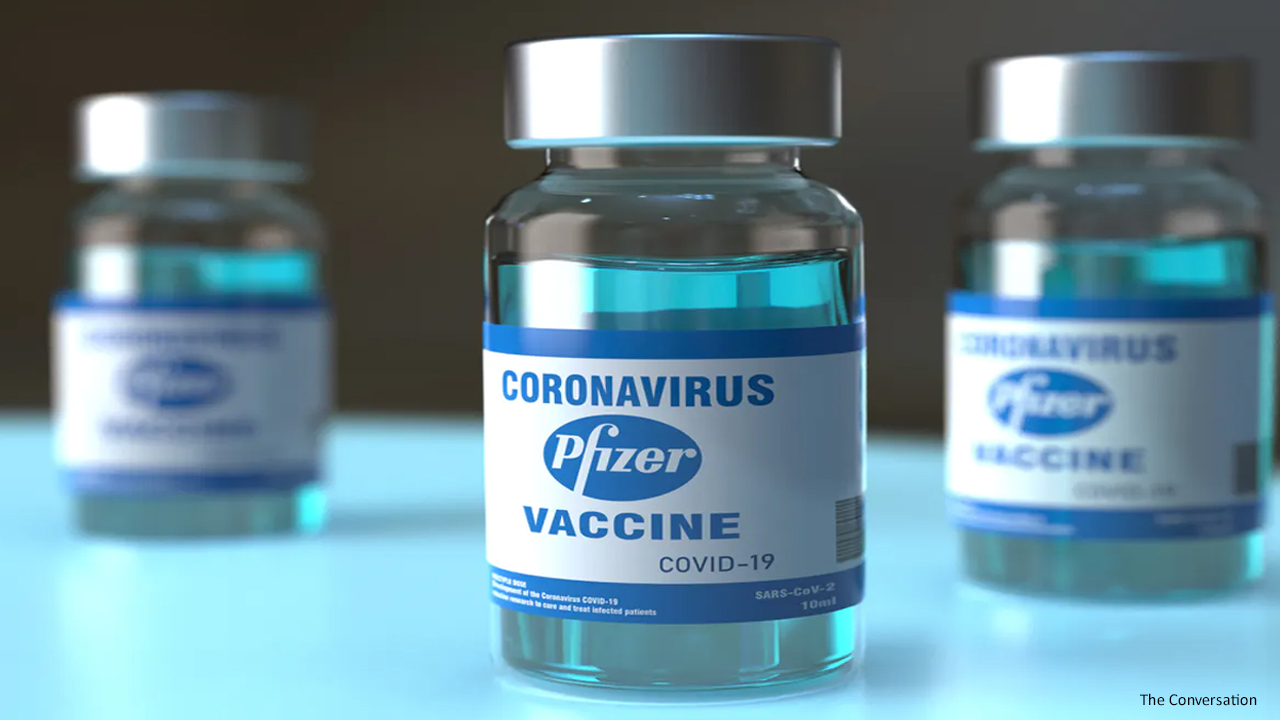
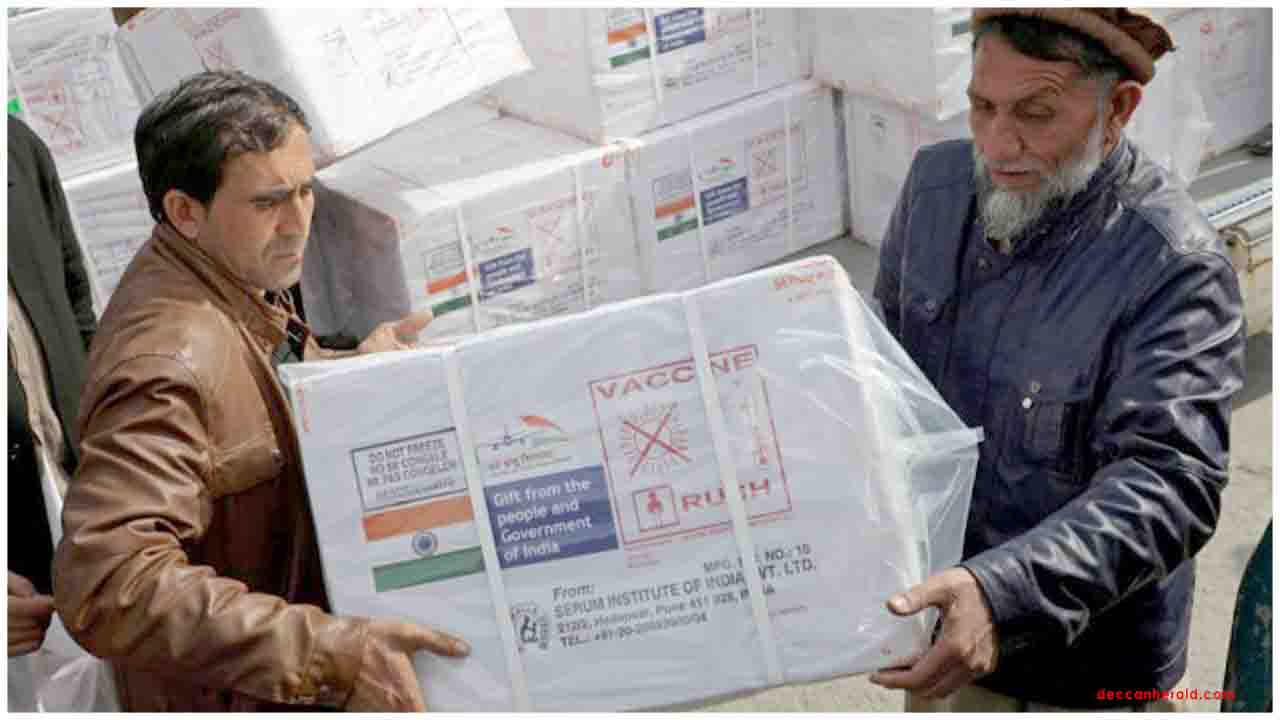

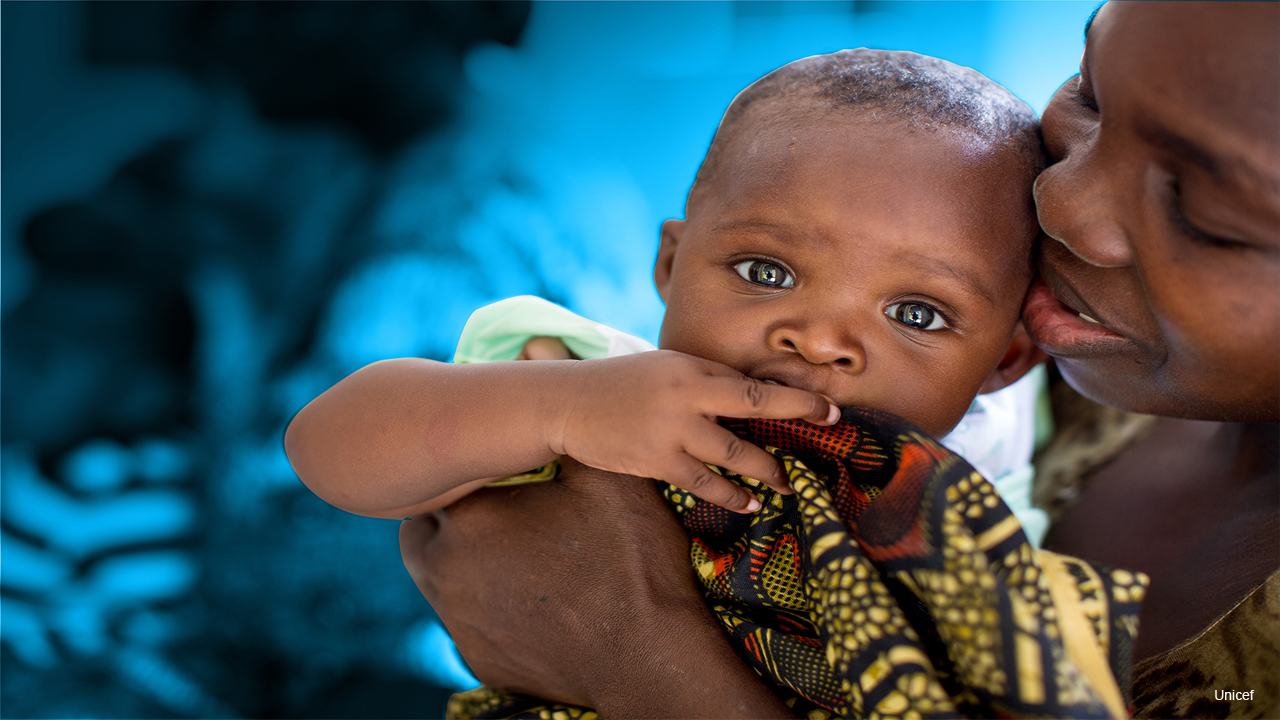

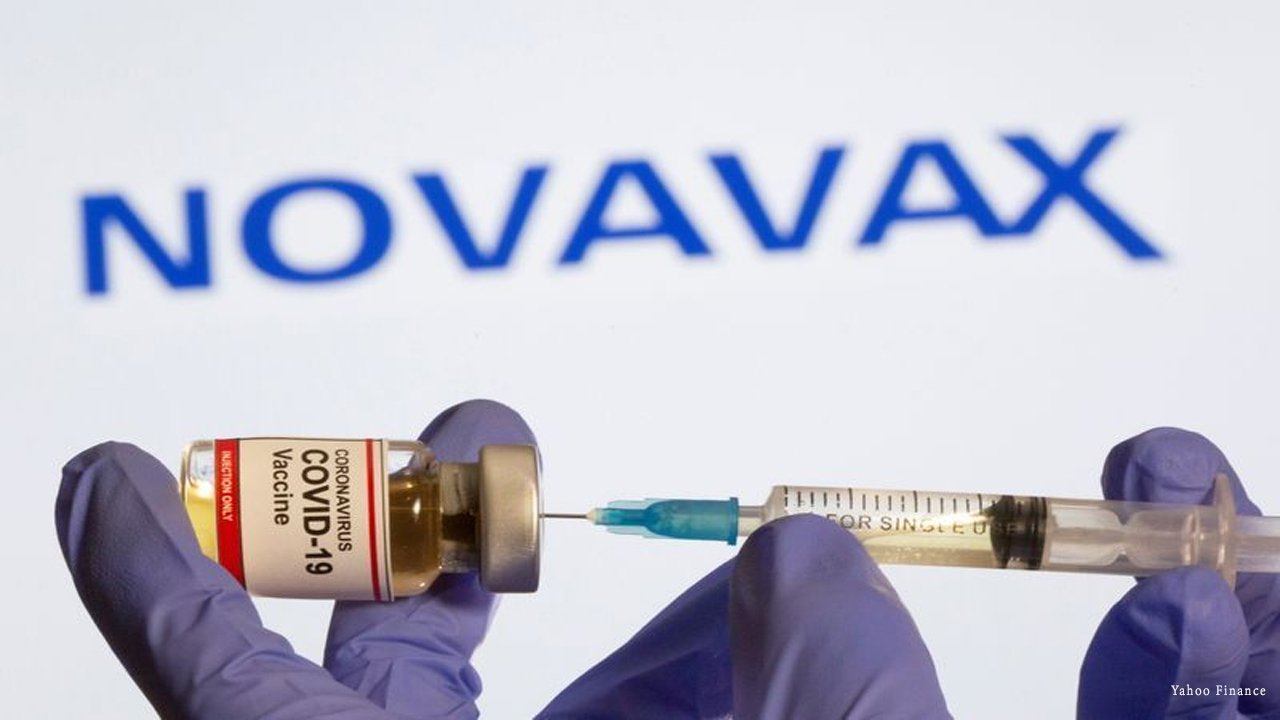





.jpeg)

.jpeg)










.jpg)




.jpg)

